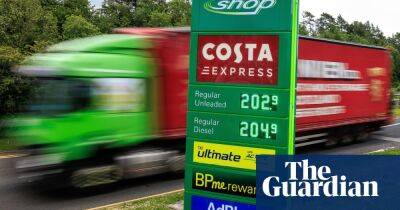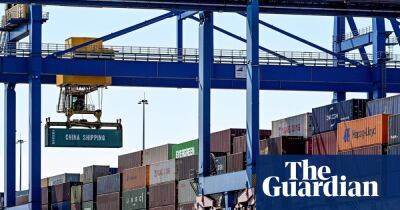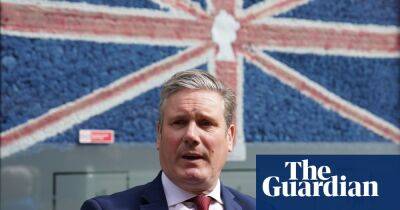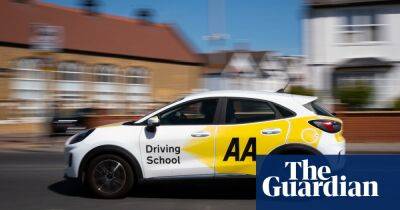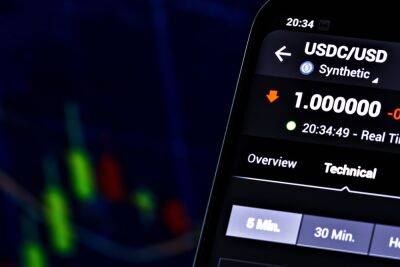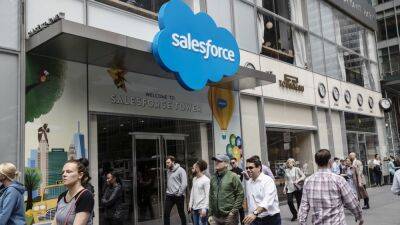How Texas punishes companies who ‘discriminate’ against gun manufacturers
After a 2018 mass shooting in Parkland, Florida, that left 17 people dead, JPMorgan Chase, America’s largest bank, publicly distanced itself from the firearms industry. Its chief financial officer reassured the media that the bank’s relationships with gunmakers “have come down significantly and are pretty limited”.
That was then. This past September, a new Texas law went into effect that bans state agencies from working with any firm that “discriminates” against companies or individuals in the gun industry.
Texas’s new pro-gun industry law requires banks and other professional service firms submit written affirmations to the Texas attorney general that they comply with it.
What was JPMorgan to do? Sticking with its high-minded policy of “significantly” reducing business with gun manufacturers would result in exclusion from Texas’s lucrative bond market. Texas sold more than $58bn of bonds in 2020, and is currently the second largest bond market after California. (I’ll come back to California in a moment.)
JPMorgan Chase had been among the top bond underwriters for Texas. Between 2015 and 2020, the bank underwrote 138 Texas bond deals, raising $19bn for the state, and generating nearly $80m in fees for JPMorgan, according to Bloomberg. Yet since the new Texas law went into effect in September, the bank has been shut out of working for the state.
JPMorgan’s dilemma since Texas enacted its law has been particularly delicate because Jamie Dimon, its chairman and CEO, has been preaching the doctrine of corporate social responsibility: repeatedly telling the media that big banks like JPMorgan Chase have social duties to the communities they serve. (On Wednesday, Dimon dismissed claims that such an approach is “woke.”)
So what did
Read more on theguardian.com



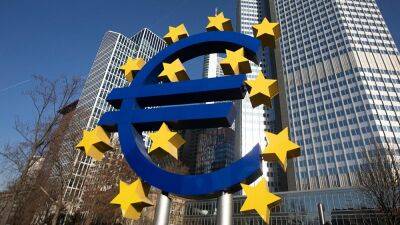
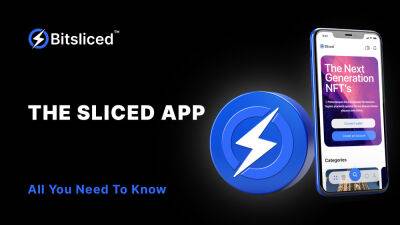
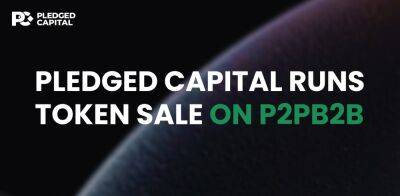
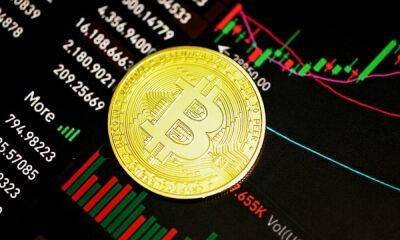

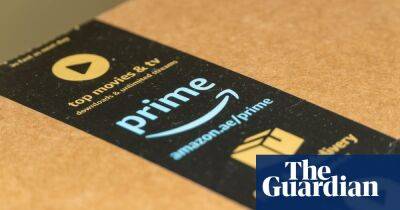
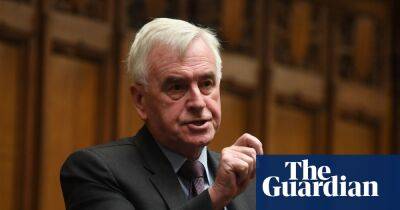
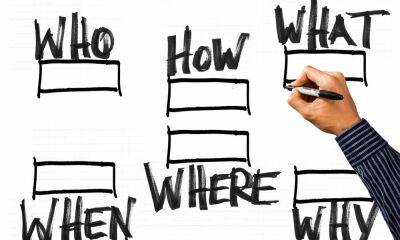
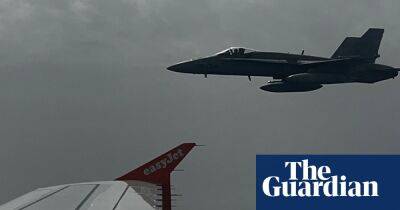
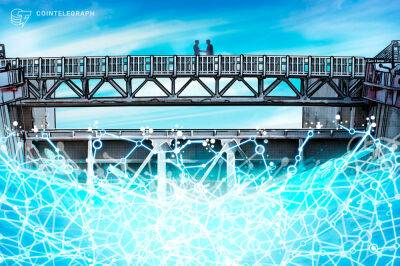
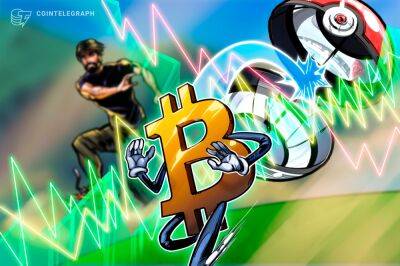

![Shiba Inu [SHIB]: Evaluating positive effects of this pattern’s break - ambcrypto.com - Beyond](https://finance-news.co/storage/thumbs_400/img/2022/7/4/32197_clw4z.jpg)
